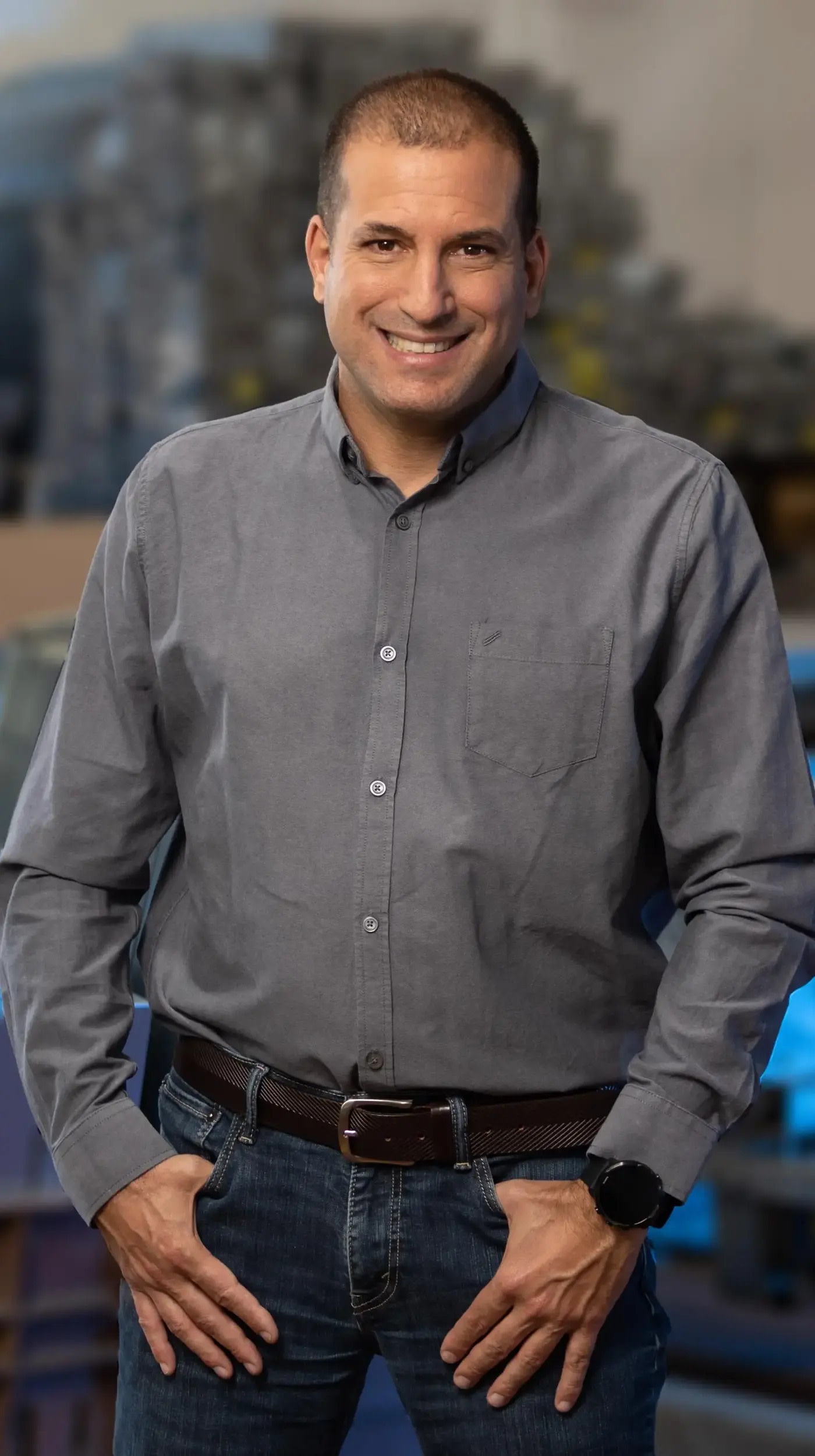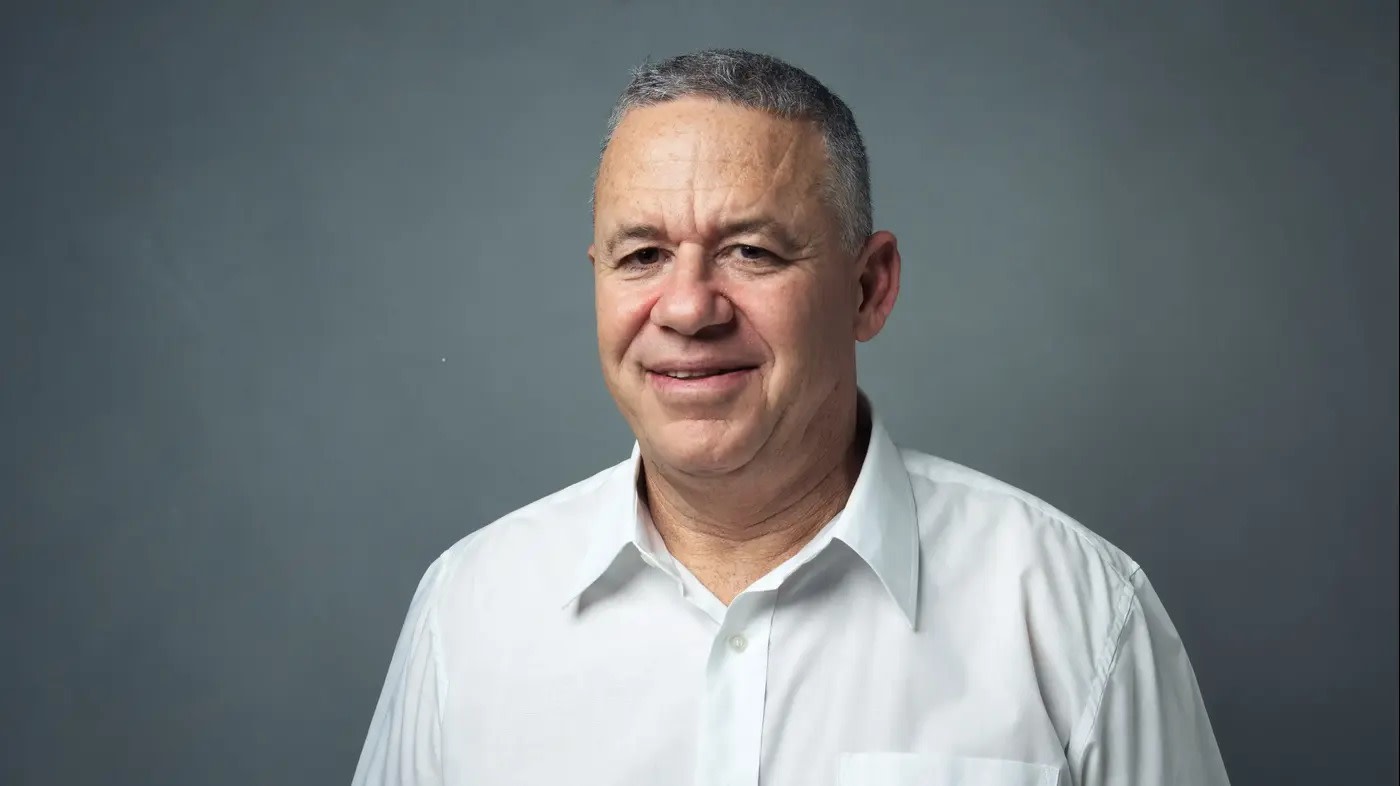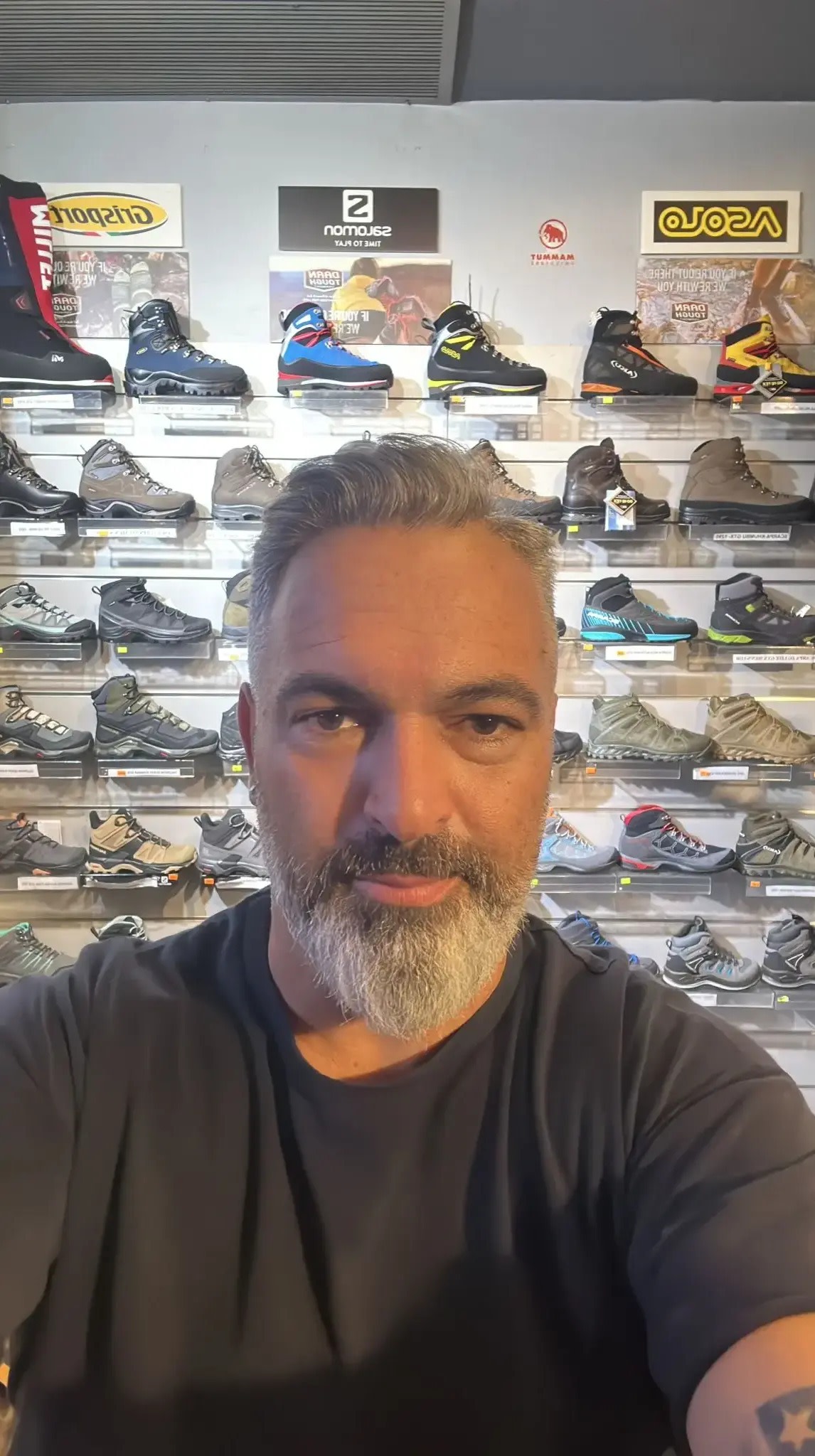"The attack by Hamas and the ongoing war have shaken people's sense of security in their personal spaces," said Idan Zu-aretz, CEO of Rav-Bariach group. "This has led to a heightened awareness of domestic security among the citizens of Israel."
Since the start of the conflict, there has been an unprecedented 20-fold increase in demand for Multi-Medal Defense shelter doors. Inquiries are pouring in from all corners of the country. While the demand for shelter doors is the most significant, there has also been a notable uptick in requests for shelter windows and entrance doors – the first line of defense against potential intruders.
The importance of having shelter doors in households was spotlighted in the aftermath of the brutal Hamas attackin southern Israel. The shelter doors not only provide the best protection against rocket and missile threats but also proved to be lifesaving for those who barricaded themselves behind them and fought to keep the assailants at bay.
"Our factory is situated in Ashkelon, near the Gaza border, enduring missile attacks," said Zu-Aretz. "Despite a shortage of workers, we remain committed to serving our customers. Most of the current inquiries are about shelter doors, including repairs and replacements."

While Rav-Bariach provides its own installers, independent installers specializing in the company's products have also joined forces to meet the overwhelming demand. However, even with this collective effort, there are still queues and impatience among customers due to the prevailing panic.
People are experiencing a heightened sense of personal insecurity, resulting in stressed behavior.
Asked about their response to the situation, Zu-aretz said, "We are a factory in Ashkelon facing a shortage of manpower. We are doing our best, but we cannot always immediately respond to our thousands of customers. Due to uncertainty, we cannot commit to specific delivery times. Therefore, we encourage customers to place their orders promptly so that we can strive to deliver as quickly as possible."
He added, "Some employees from Sderot, who were relocated due to the conflict, continue to come to work. We even organized a patrol of installers to manage the influx of calls, though it remains challenging. As a company, we are operating at 50% capacity but striving to increase output despite receiving no assistance from the State of Israel. We have not raised our prices and remain committed to fair pricing while absorbing cost increases."
Various solutions have emerged online for securing doors from the inside. Have you considered developing such a product?
"There is a significant issue with these solutions. While they address the problem of potential outside threats, they create a problem during missile attacks when there are casualties inside the protected area. In such cases, security forces cannot open the door from the outside. We developed a product within a week of the conflict's start that can seal the protected area from the inside. However, we have chosen not to release it until we consult with the Home Front Command to ensure its security. We want their approval before bringing such a product to the market."
Does everyone at least have a "MAMAD," Missile-Protected Safe Room?
"Approximately 2.5 million residents, which accounts for 28% of Israel's population, lack missile defense in or near their homes," noted Ran Naor, CEO of Ortech Defense Systems. The absence of proper protection is a severe issue. While the expedited approval process will help in constructing these safe rooms, not everyone can utilize it due to construction restrictions.
Ortech Defense Systems offers solutions for individuals who lack a secure space at home but still want to enhance their protection.

"Our company specializes in retrofitting existing buildings and facilities to improve their security," Naor explained. "We have a method approved by the Home Front Command to convert a room within the building into a protected space, serving as an alternative to safe rooms when constructing one is not feasible. This method provides a solution to the problem and can be installed in a few days without the need to leave your house, using a straightforward process. Our technology is also transparent in terms of communication. During the last conflict, the importance of mobile phones in people's lives was evident."
How do you protect the room?
"These are essentially composite panels made from advanced, lightweight materials. They are installed within the interior walls of the existing room, reinforcing them to prevent collapse in the event of an attack. Our method also includes the option to apply a protective spray. These panels are then covered with plaster, making the protected room appear indistinguishable from a regular room. We also replace the room's window and door with standard safe room versions."
Interest in this type of protection has surged recently. However, for many, the costs can be a financial barrier, ranging from NIS 90,000 to NIS 140,000 for an average 9-square-meter room. The state does not provide financial assistance, and many of those who lack safe rooms are struggling financially. Additionally, there is a prevailing reactive mentality among Israelis, where people tend to act only after a crisis, rather than taking proactive measures.

Pepper sprays and axes
In recent times, there has been a notable increase not only in the demand for home protection products but also in self-defense equipment. Yonatan Waxman, chairman of Ricochet, said that pepper spray has become a top-seller.

Tal Azoulay, owner of the Alpine Style chain, reports that many people, particularly women, have been buying pepper spray for self-defense.
There are various types available, including small and large cans, as well as a gun-shaped spray with a range of about four meters. Men have also been purchasing self-defense products, such as knives, pocketknives, aluminum baseball bats, and folding batons. There has even been an increase in requests for rifles. While some customers have inquired about purchasing axes and samurai swords, these cases are in the minority.
Broadly speaking, the focus of their product range is mountaineering and abseiling equipment. Given the current circumstances, there has been a surge in requests for emergency escape kits designed for buildings up to eight stories high, intended to help residents evacuate from windows in the event of an emergency. However, they emphasize the importance of using such equipment safely and responsibly.
